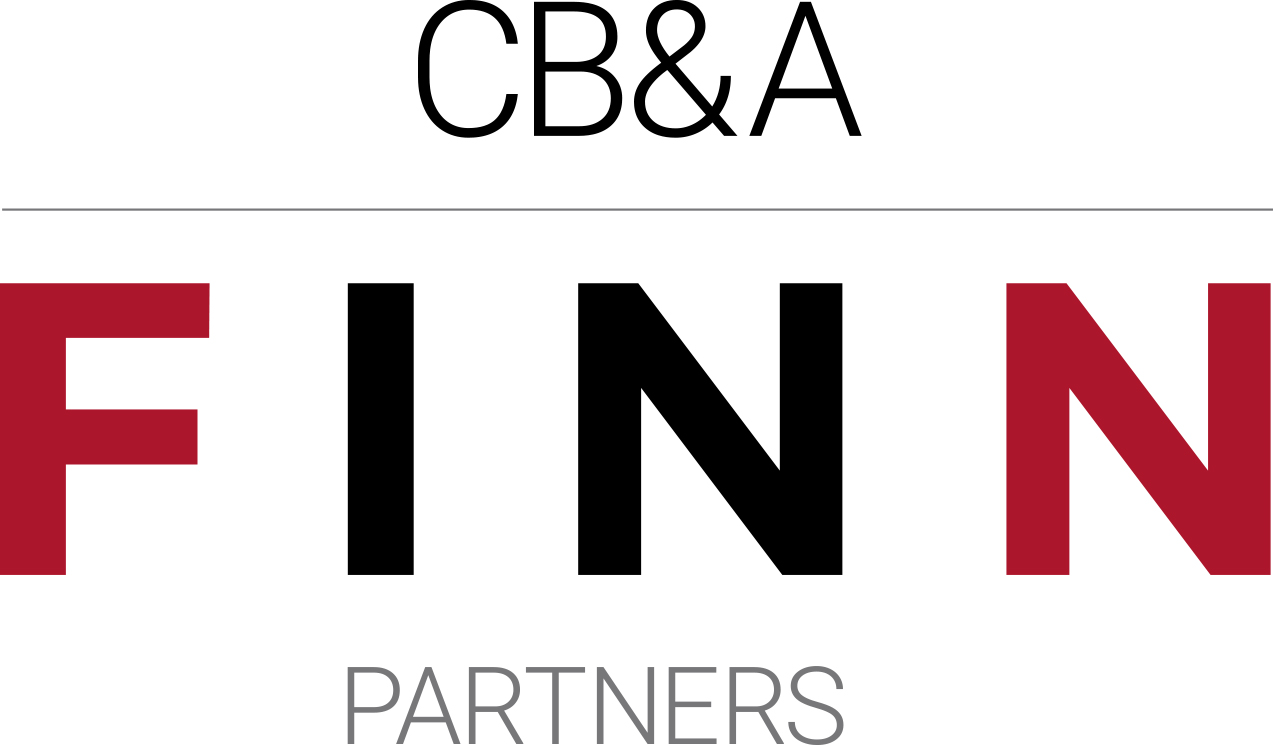
This is the final post in a six-part series.
C. Blohm & Associates and the Winter Group hosted their annual second round of focus groups with educators and administrators during ISTE 2012. During the discussions we learned about various ways educators communicate with each other, make purchasing decisions, and gather news. The lesson that stuck with us most, though, was what educators wanted from an education vendor.
According to our research, here’s what educators want most from education vendors:
1. Know the specifics of the school, and its needs and challenges.
Though this seems like a common sense sales strategy, in the age of ever-changing budgets and shifted priorities, often it can be one of the most difficult strategies to implement. Educators and administrators want solutions specific to their needs and their price point from the very first outreach. This can be difficult to do with a first call, but a quick scan of a district website can give you a good measure of enrollment and current product implementation. A small, rural school that has just bought its first iPad will have much different needs than a large, urban school with a 1:1 program. The “news” section of a school website can be a good place to start – if a school has recently purchased a new LMS, or other significant technology, often they will post a press release about it. Arming yourself with such additional information about the school will make your sales pitch much more effective.
2. Have lots of research and resources available for free download on your website.
Educators and administrators are research-savvy, and will review much of the content of your website when making purchasing decisions. Most participants in the focus groups said that vendors with lots of resources – like case studies, white papers, and other research – were more likely to earn their business than vendors without those resources. They also suggested that the most trustworthy resources were those conducted by third-party groups – for example, a case study put together by a research group, rather than the company itself. The addition of these resources can make a huge difference in the mind of an educator.
3. Give educators and administrators the opportunity to review your offer on their own time.
Time and again, focus group participants repeated the phrase “ I hate cold calls.” Focus group participants want focused, specific material available for review on their own time. Though it may be difficult to find extra time to devote to new marketing methods, it’s important to make individual, targeted pitches a priority.
Heartfelt thanks to the CB&A team who supported our focus group efforts this year – with special shout-outs to Martha Jacobs and Lauren Rothering. Thanks also to the amazing professionals at the Winter Group, including the crew that worked the phone banks to round up the focus group participants, and with special hat-tips to Linda Winter, the education industry’s most amazing moderator, and Liz Stephens.
Other posts in the series:
- Powerful Personal Networks and Educational Marketing
- Common Core: The basics of the new curriculum
- Small-Ticket Expenditures Shift Purchasing Cycles to Year-Round
- App Budgets’ Might Just Be the Tip of the Iceberg
- Tackling the iPad

